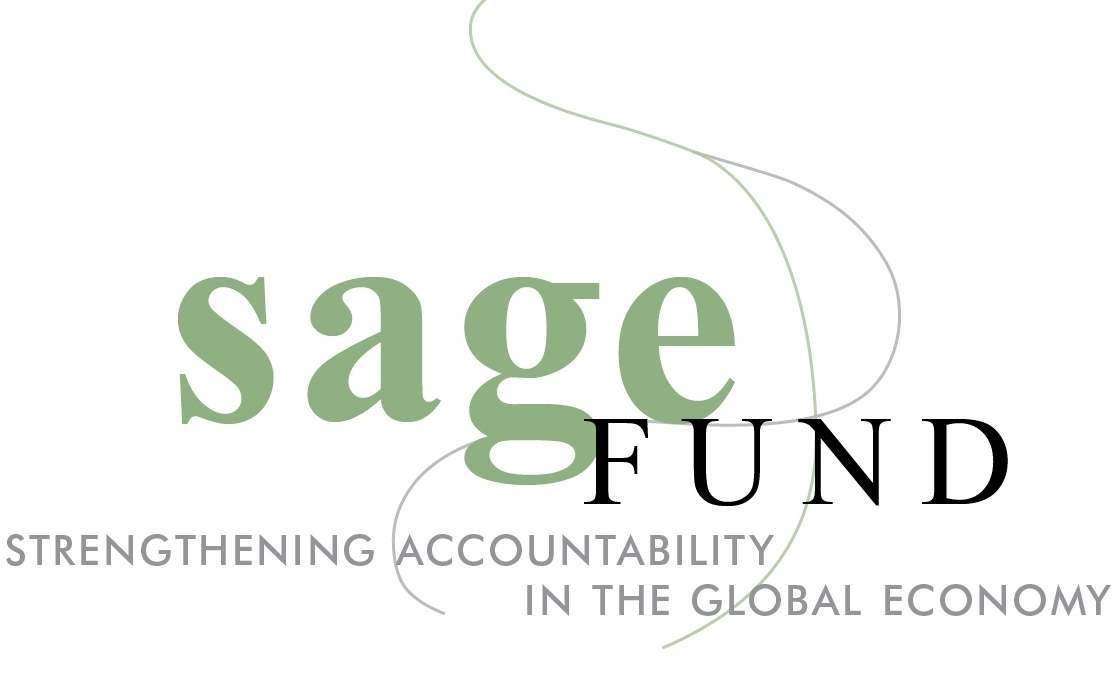Finding the Missing Millions
organization
Global Witness*
description
Finding the Missing Millions is a training package including: a guide available in English, French and Spanish with online video tutorials in English, as well as trainings and presentations for CSOs and journalists to understand and use data resulting from new laws governing transparency about extractive sector payments to governments. Global Witness (GW) got involved in revenue transparency through its work on anti-corruption. Revenue transparency is primarily intended to help deter corrupt practices. However, there has also been a push from donors and policy makers for CSOs to use this data in their advocacy. Doing so requires a lot of additional work, since analysing resource revenues can be complex and data on extractive industry payments was not necessarily designed to be proactively used by laypersons. To address this challenge, GW’s guides provide 10 tests to compare anticipated to actual extractive industry payments with recommended steps for verifying discrepancies or ’red flags’ in company and government reporting. These tests are based on audit methodology. Online tutorials cover several tests, including for tracking payments to local communities, checking royalties, and comparing payments over time. GW has been disseminating this tool for about a year and a half.
GW focuses on providing day-long trainings based on the guide, as well as introductory 10-minute presentations to let people know the guide exists. One staff person dedicates a quarter of his time to this work, although this will be cut back shortly in light of GW’s new climate-focused strategy. Participants in such trainings are principally CSOs in the Global South, as well as some CSOs from Global North countries (where companies are based) and investigative journalists from national and international networks. GW has offered trainings in Indonesia, Myanmar, Zambia, South Africa and Nigeria, as well as at Publish What You Pay’s regional conference every couple of years in Africa. GW has also collaborated with Finance Uncovered (see tool #6) during their three-day workshops to present a one-and-a-half-hour overview of the guide. Before trainings, GW will scour available data in the country where it is taking place to identify red flags and use this to encourage participants to want to use the guide. Presentations are usually provided for academia, regulators and some companies, such as through the Extractive Industries Transparency Initiative.
impact
Illustration of Impact: GW has found it difficult to monitor whether people are actively using the guide after the trainings. To date, however, it appears to have had more enthusiastic uptake among investigative journalists, probably because “it’s more in their bag” and related to GW’s good relationships with media over the years. CSOs that have made use of the guide tend to be based in Europe, such as Oxfam France and Publish What You Pay – U.K
